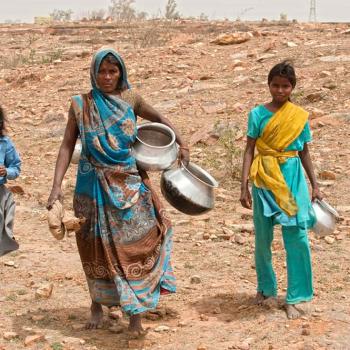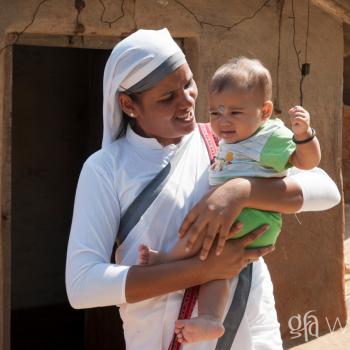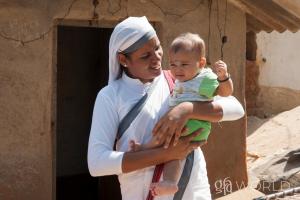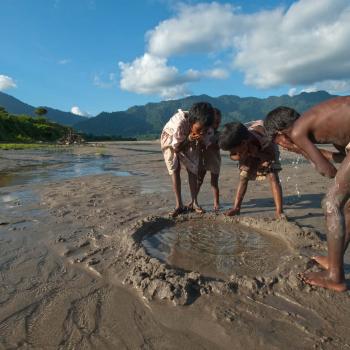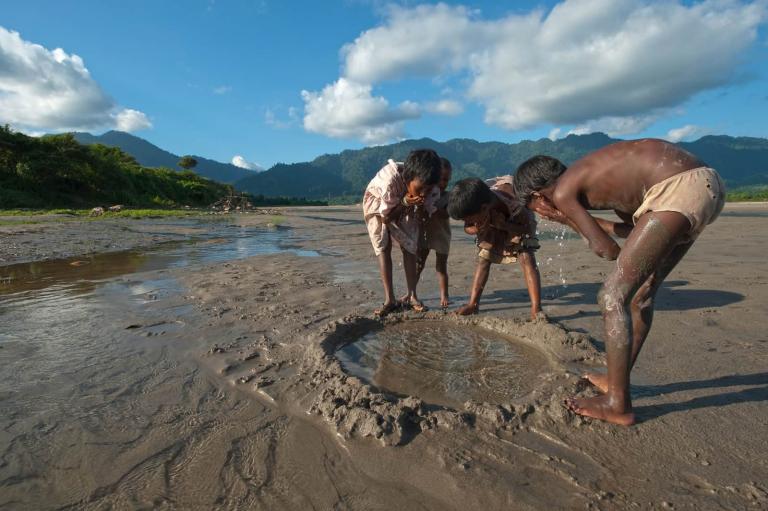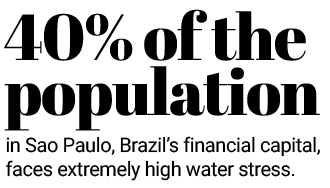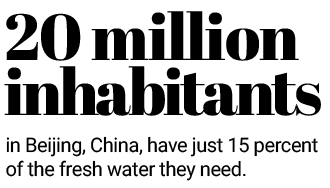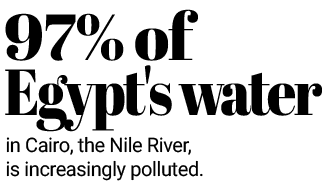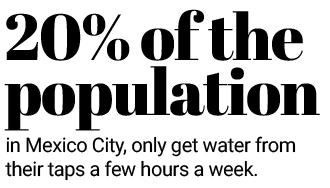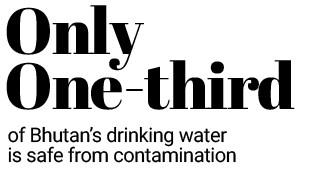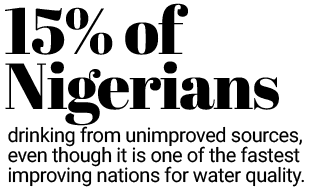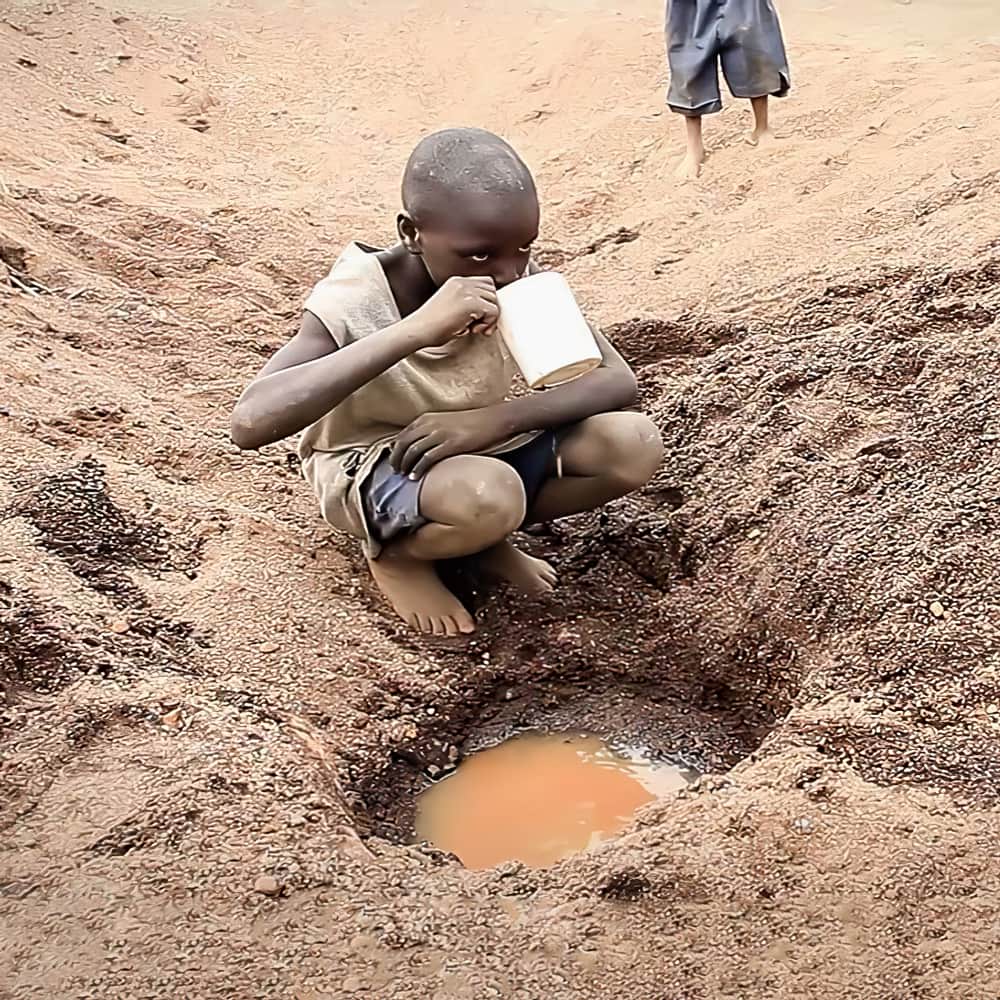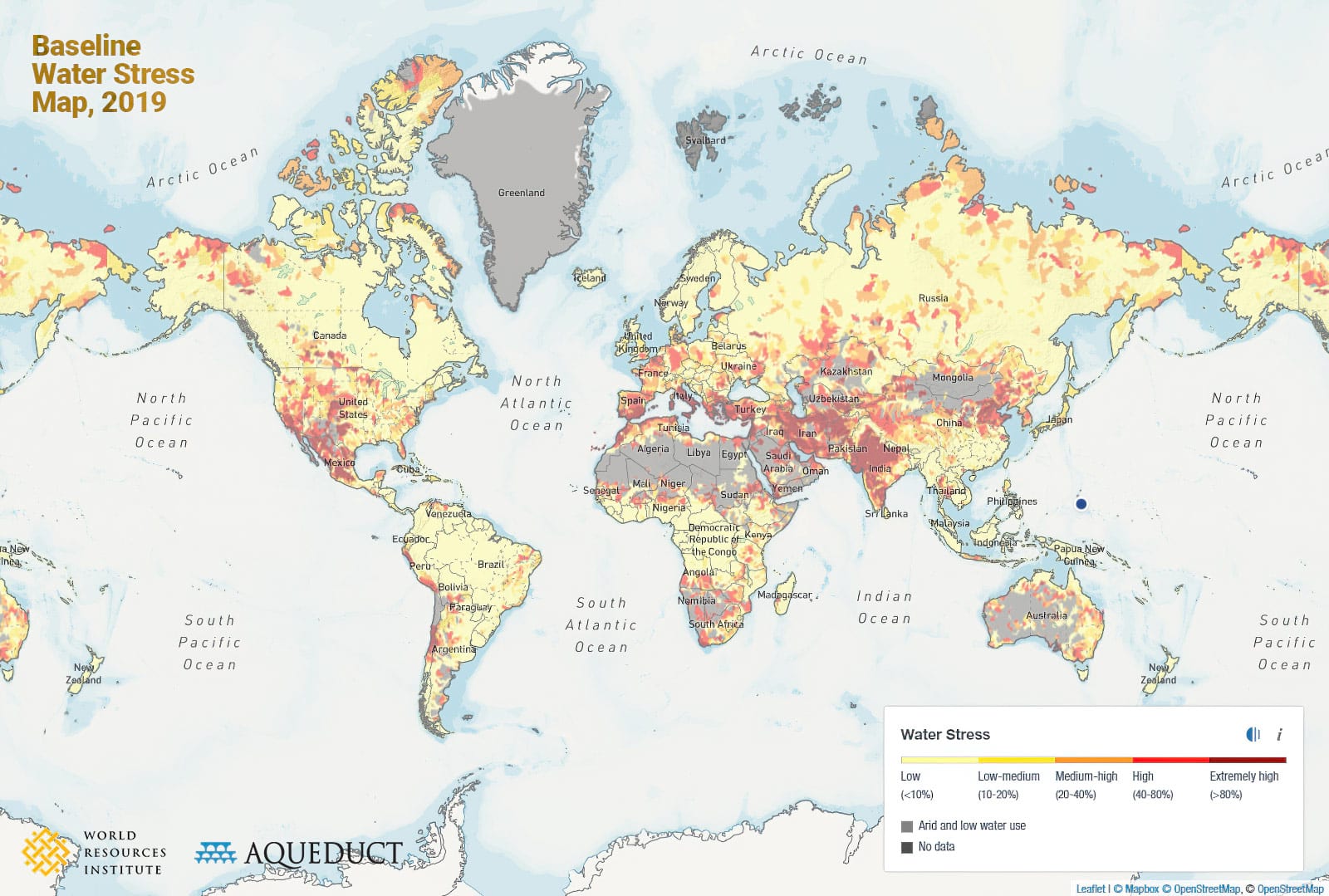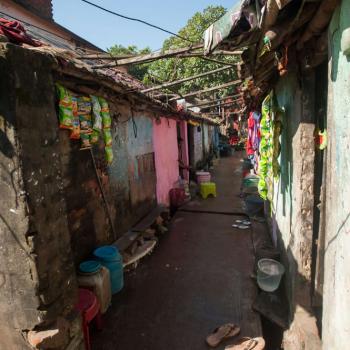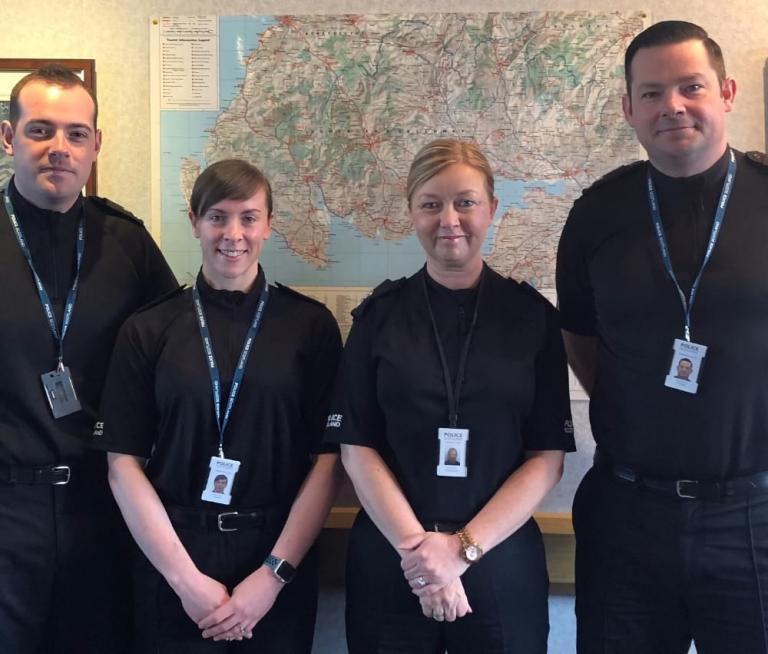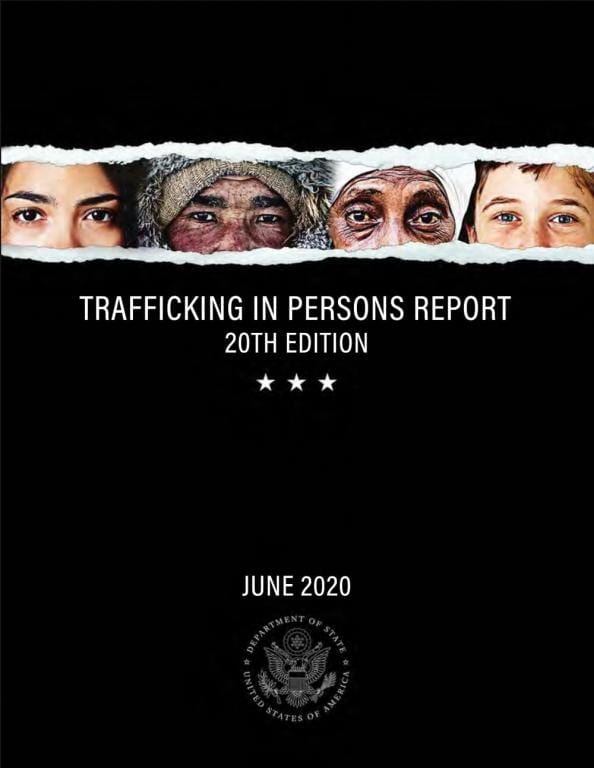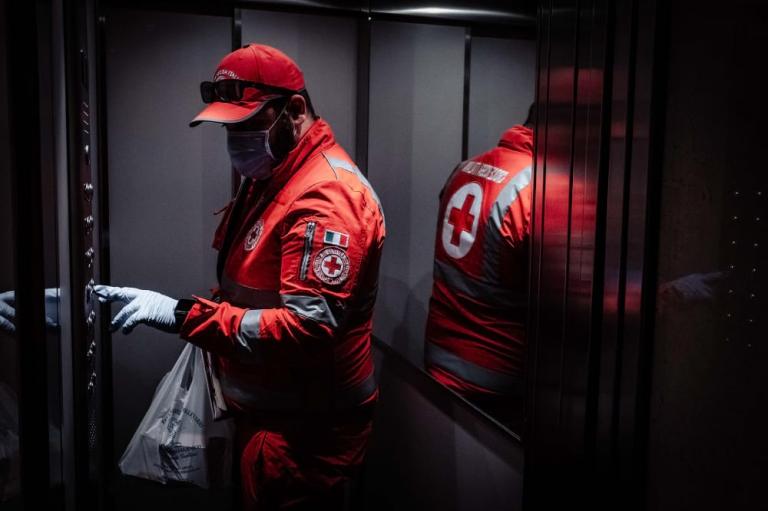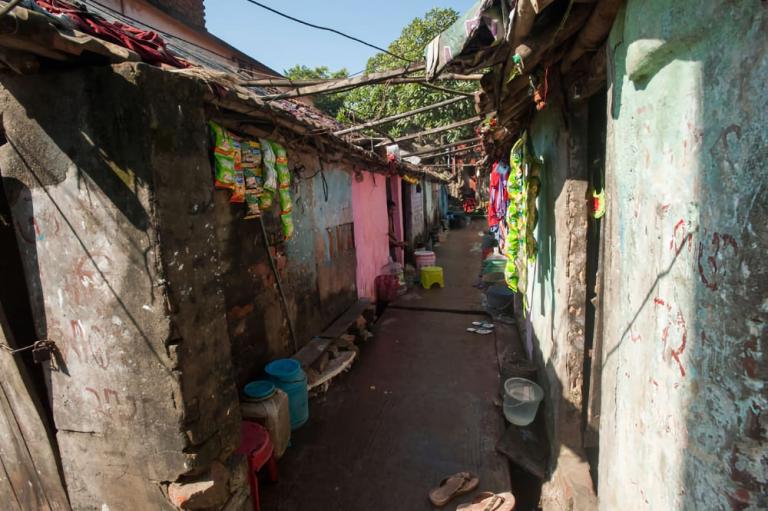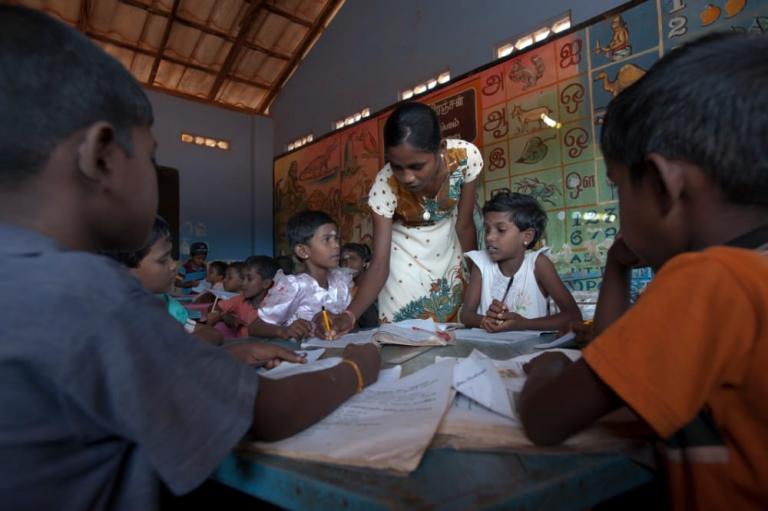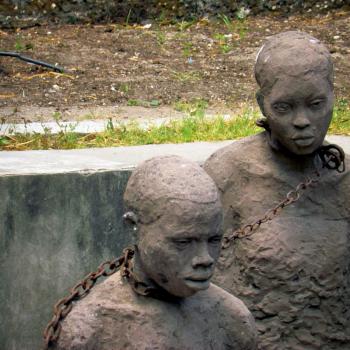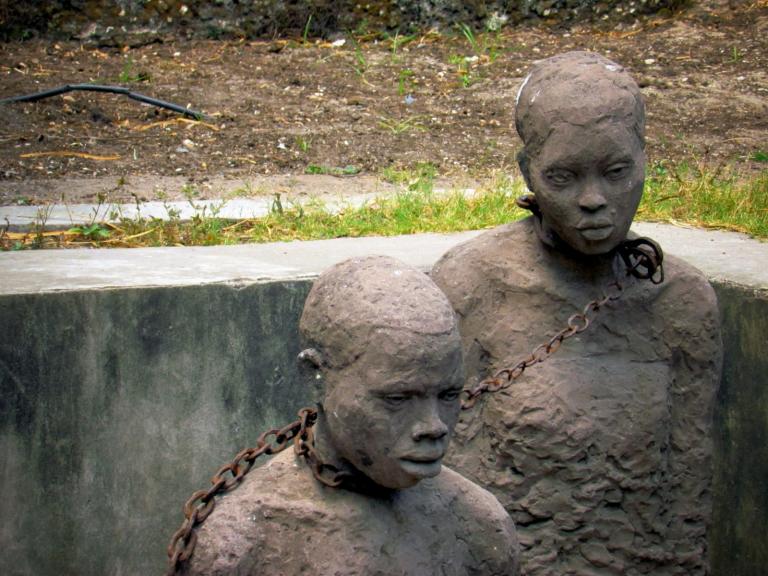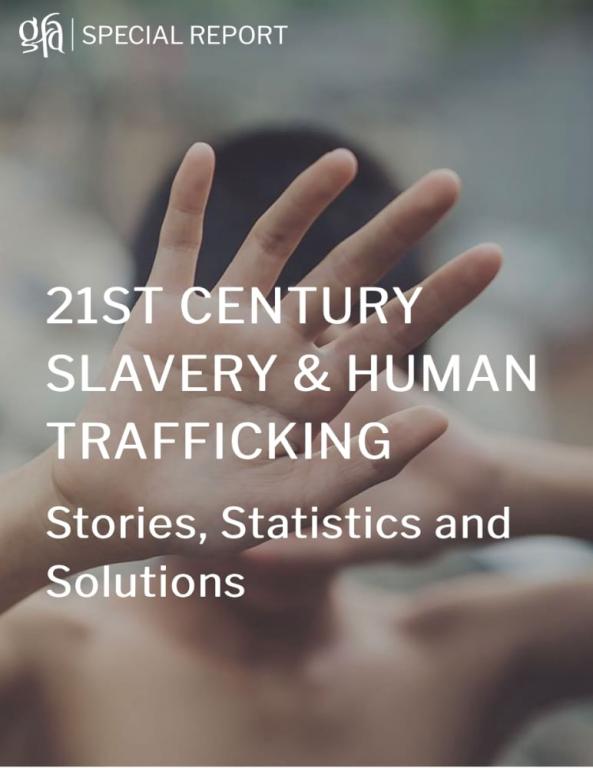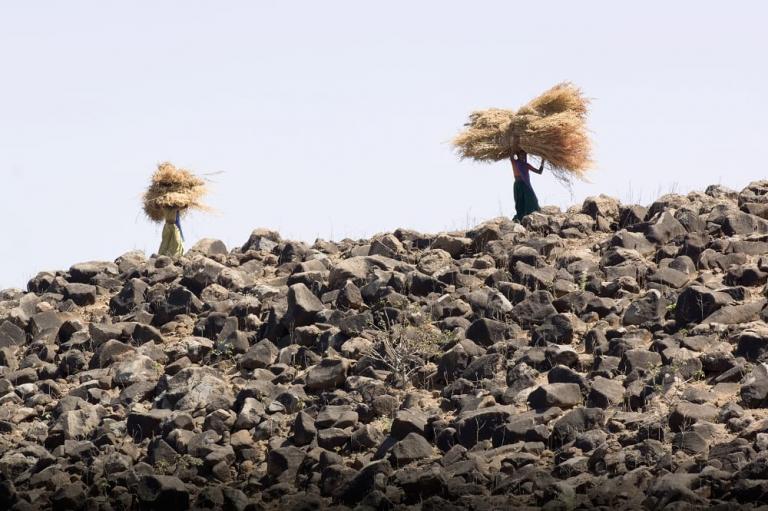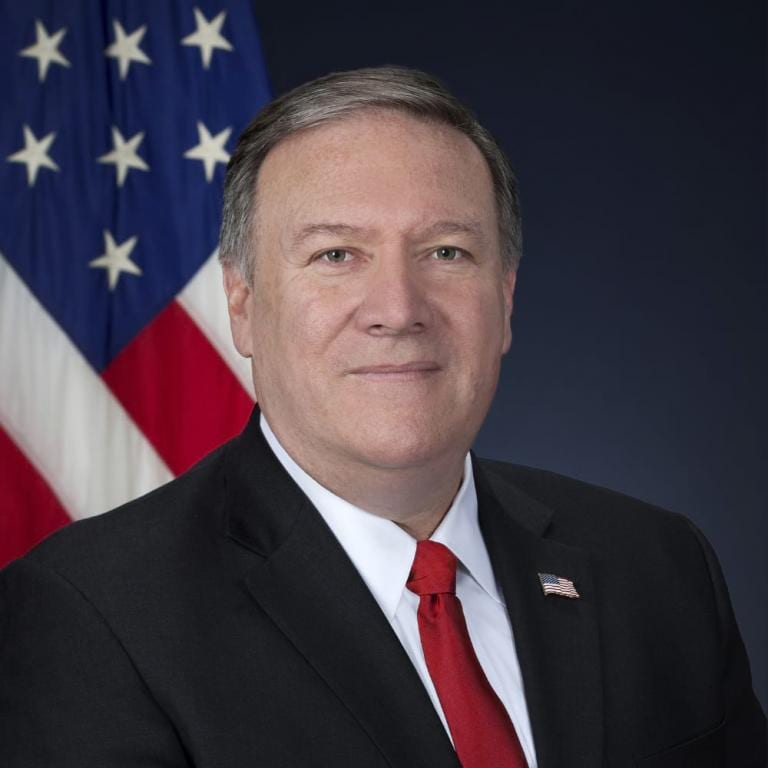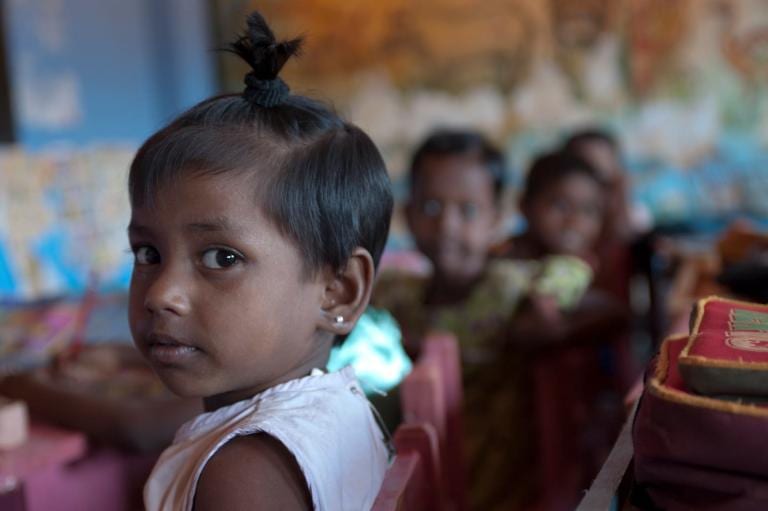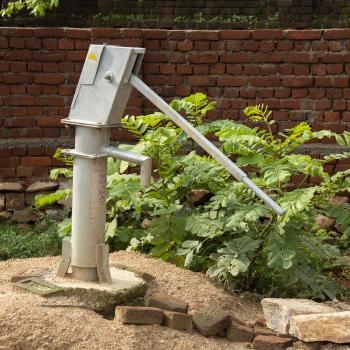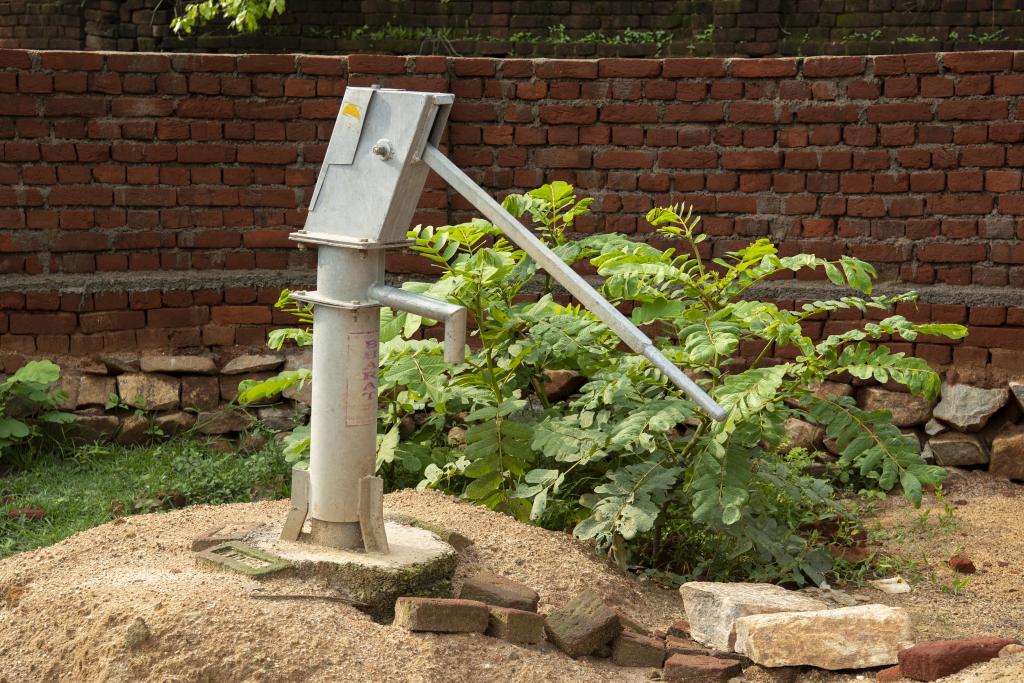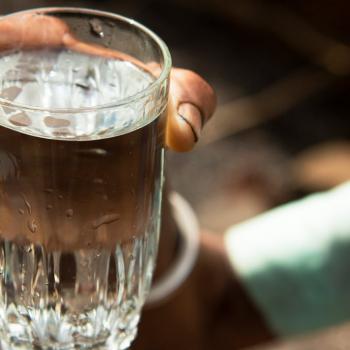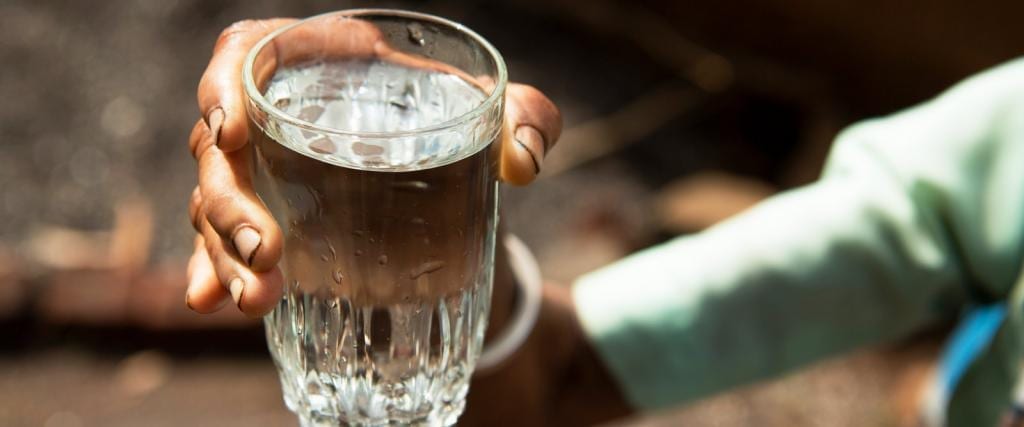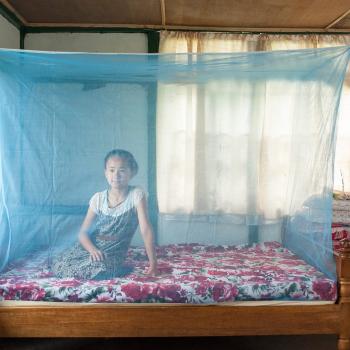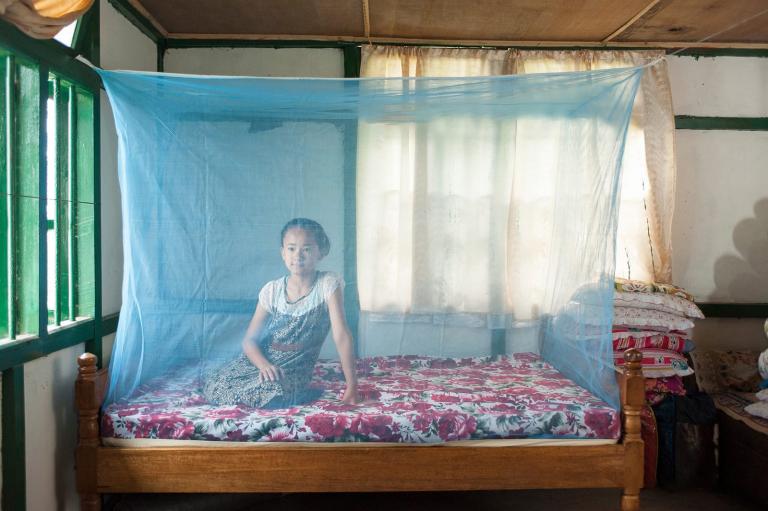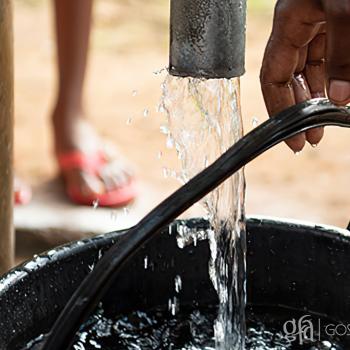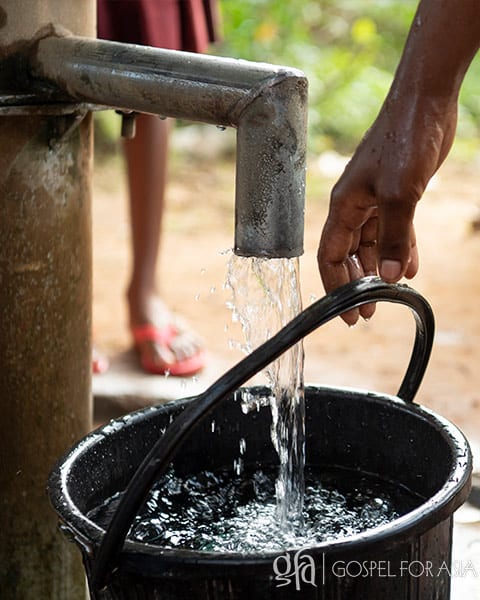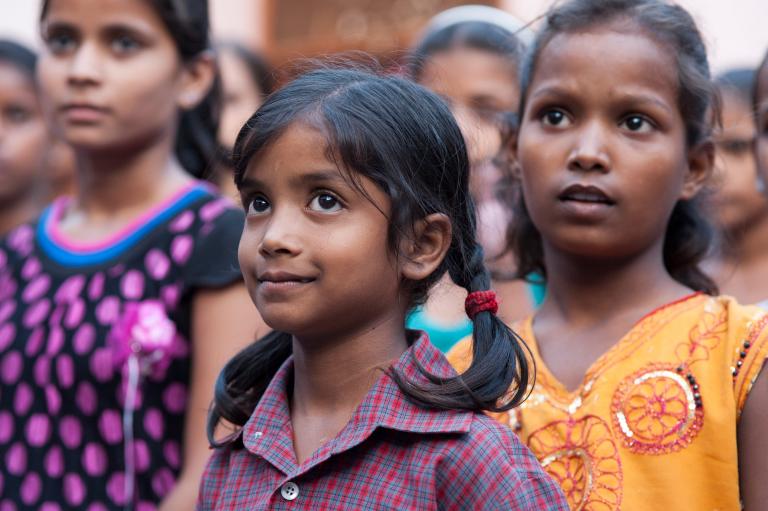WILLS POINT, TX – Gospel for Asia (GFA World) founded by K.P. Yohannan, which inspired numerous charities like Gospel for Asia Canada, to assist the poor and deprived worldwide, issued this 2nd part of a Special Report update on the unspoken global crisis — Water Stress; where nations worldwide, are struggling for safe drinking water.

Other Global Water Stress Crisis Solutions
Cleaning up water is only part of the solution to the global water crisis. The main part will be finding additional water sources, which is where advancements in desalination (also known as desalinization) offer encouragement. According to one report, desalination capacity is expected to double between 2016 and 2030.

Last June, Columbia University announced engineering researchers have been refining desalination through a process known as temperature swing solvent extraction (TSSE). The school says TSSE is radically different from conventional methods because it does not use membranes to refine water. In a paper for Environmental Science & Technology, the team reported their method enabled them to attain energy-efficient, zero-liquid discharge (ZLD) of these brines.
“Zero-liquid discharge is the last frontier of desalination,” said Ngai Yin Yip, an assistant professor of earth and environmental engineering who led the study. While evaporating and condensing the water is the current practice for ZLD, it’s very energy intensive and prohibitively costly. The Columbia University team was able to achieve ZLD without boiling the water off—a major advance in desalination technology.
Among other advances is work by a research group at Spain’s University of Alicante, which has developed a stand-alone system for desalination that is powered by solar energy. A second solar-powered system developed by researchers in China and at the Massachusetts Institute of Technology was announced in February 2020.
There is also commercial potential, as shown by 11 plants operating in California, with 10 more proposed. One in suburban San Diego turns 100 million gallons of seawater into 50 million gallons of fresh water daily, which it pipes to various municipalities. While it costs twice as much as other sources, the water resources manager for the San Diego County Water Authority says it’s worth it.
“Drought is a recurring condition here in California,” said Jeremy Crutchfield, Water Resources Manager at the San Diego County Water Authority. “We just came out of a five-year drought in 2017. The plant has reduced our reliance on imported supplies, which is challenging at times here in California. So it’s a component for reliability.”

Micro Solutions to the Global Water Stress Crisis

For every macro problem there are also micro solutions. In addition to the United Nations, there are numerous non-governmental organizations (NGOs) and charities fighting for clean water, like water.org, the nonprofit founded by actor Matt Damon and Gary White. Faith-based World Vision is one of the largest NGOs and provides clean water in addition to its child sponsorship and disaster relief work.
Another active NGO is Gospel for Asia (GFA World), which initiated water well drilling projects in 2000 after the Lord put a burden on a donor’s heart about the need for clean water. He contacted the ministry to ask if it would allow wells to be built near churches led by Gospel for Asia (GFA) pastors—and sponsored the first 10, known as Jesus Wells. Drilled 300 feet (91 meters) or deeper into the earth, these wells often provide clean water for 300 or more people per day.
Over two decades, the results have been phenomenal. GFA has drilled a cumulative total of more than 30,000 wells and today is completing around 4,000 each year throughout Asia. In addition to helping entire villages, Gospel for Asia (GFA) provides solutions for individuals and families through BioSand water filters, designed for home use. Capable of removing 98 percent of biological impurities, the filters can last for up to 20 years with proper care. By the fall of 2020, the ministry had distributed more than 58,000 filters.

The blessings such help provides can be seen through a number of individual stories. In one of the first villages where a Jesus Well was installed, residents used to drink from a pond also used for bathing, irrigation and cooking. Summer droughts often eva
porated the dirty pond water; a well near the village went from providing clean water to a brownish substance in a matter of months and was later abandoned.
Now, the clean well has become part of the community’s fabric. Says a GFA pastor whose church is next to the well: “I feel very happy to know that this is one of the first Jesus Wells. It’s not easy to have a well maintained for this many years; because anybody can install a well, but maintaining it for almost [20] years, where it still gives clean and good drinking water, it is not easy. That makes me very proud and happy.”
Founder of Gospel for Asia (GFA), K.P. Yohannan, says the faith-based NGO is helping thousands of needy families, especially children. Without clean water, he says youngsters are susceptible to many diseases, which prevent them from attending school and can thereby keep them trapped in a cycle of poverty.
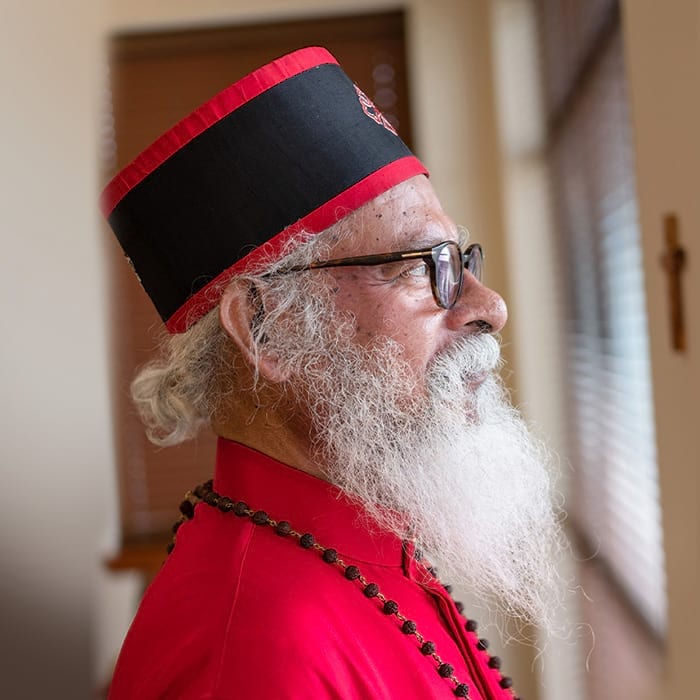
GFA World Founder
“We attack the water crisis globally by installation of wells in a village or BioSand filters in homes,” Yohannan says. “We did a study in our medical camps and found the No. 1 issue for children in South Asia was either diarrhea or upper respiratory infections. Our ultimate goal to give kids an education so they can get a better job is compromised if they’re sick.”
Waterborne diseases causing stress, sickness, and even death can be addressed and resolved with proper solutions, like BioSand water filters and fresh-water wells.
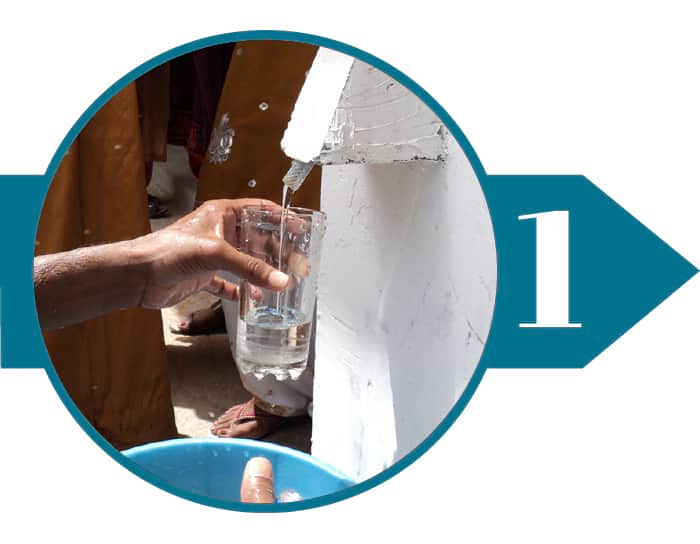
BioSand Water Filters
If you’d like to make a personal impact on the world water crisis, consider giving a needy family a simple BioSand water filter. For only $30, GFA World can manufacture and distribute one of these effective filters to a water-compromised family in Asia or Africa and provide them with clean, safe water for years to come.
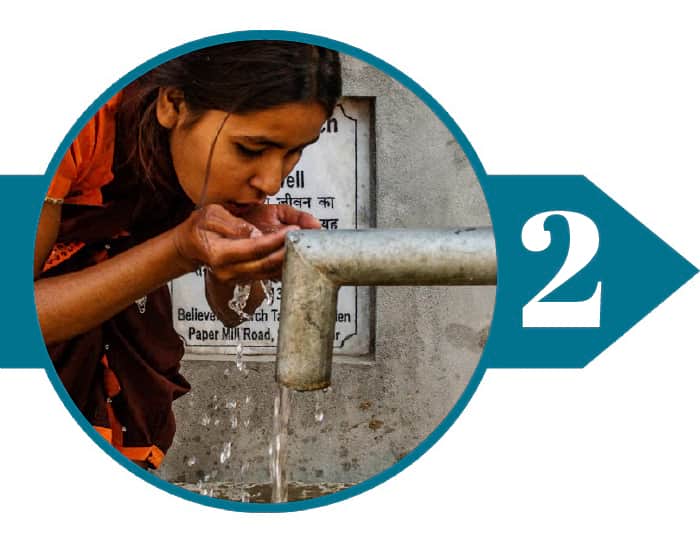
Jesus Wells
Or, consider giving toward the $1,400 average cost to install a Jesus Well for an entire community. Jesus Wells can serve 300 or more people with safe, clean drinking water for 10-20 years.
Either solution is a simple and effective way to take part in helping reduce water stress in this world and provide micro solutions to the global water crisis for people in need of clean, safe drinking water.
Give towards Clean Water Projects »
If this special report has touched your heart and you would like to help families and communities who are suffering through the water crisis, please share this article with your friends and consider making a generous gift to GFA World to help give clean water to a village through BioSand Water Filters and Jesus Wells.
Read the rest of this Gospel for Asia – Transforming Communities (GFA World) Special Report: Water Stress: The Unspoken Global Crisis — Part 1
About Gospel for Asia
GFA World (Gospel for Asia) is a leading faith-based mission agency, helping national workers bring vital assistance and spiritual hope to millions across Asia, especially to those who have yet to hear about the love of God. In GFA World’s latest yearly report, this included thousands of community development projects that benefit downtrodden families and their children, free medical camps conducted in more than 1,200 villages and remote communities, over 4,800 clean water wells drilled, over 12,000 water filters installed, income-generating Christmas gifts for more than 260,000 needy families, and spiritual teaching available in 110 languages in 14 nations through radio ministry. For all the latest news, visit our Press Room at https://press.gfa.org/news.
Read more blogs on Gospel for Asia, World Water Stress Crisis, and the COVID 19 Pandemic on Patheos from Gospel for Asia.
Learn more by reading these Special Reports from Gospel for Asia:
- Pandemic Worsens the Hardships of Leprosy Patients — COVID-19 intensifies two crippling challenges
- Modern Day Slavery Speeds up under Cover of COVID-19 — Growing during pandemic: people vulnerable to exploitation
KP Yohannan has issued two statements about the COVID-19 situation found here and here.
GFA’s Statement About Coronavirus
Learn more about Gospel for Asia: Facebook | YouTube | Instagram | LinkedIn | SourceWatch | Integrity | Lawsuit Update | 5 Distinctives | 6 Remarkable Facts | 10 Milestones | Media Room | Leprosy & COVID 19 | Endorsements | 40th Anniversary | Lawsuit Response | International Offices | Missionary and Child Sponsorship | Transforming Communities through God’s Love
Notable News about Gospel for Asia: FoxNews, ChristianPost, NYPost, MissionsBox
Read what 24 Christian Leaders are affirming about Gospel for Asia.
This Special Report originally appeared on gfa.org.


